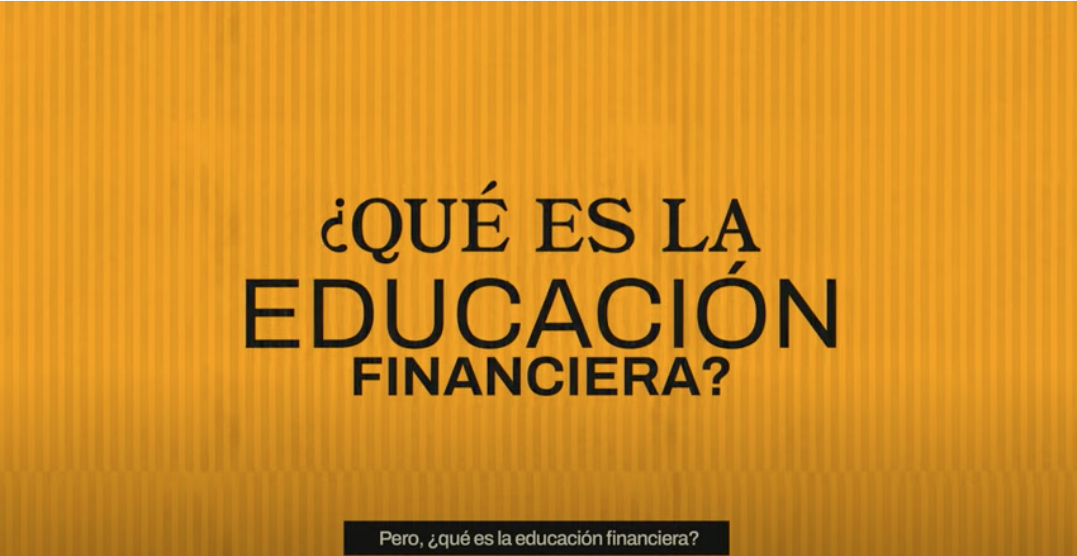
With the aim of reducing financial literacy rates, the Institute for the Investigation of Market Imperfections and Public Policies (MIPP) of the University of Chile, created a new video where it exposes the importance of promoting financial education in Chile.
The MIPP Millennium Institute of the University of Chile created a video that exposes the importance of promoting economic and financial education in Chile based on studies in which researchers Patricio Valenzuela and Andrea Canales collaborated.
These investigations reveal the importance of promoting this matter to generate economic opportunities and develop personal wealth. In this sense, they affirm that by improving access to this knowledge, it improves financial inclusion and access to more capital.
Based on different backgrounds, academics expose the consequences of not having instances of financial education, such as the increase in wealth inequality.
It is the knowledge and understanding of financial concepts and risks, along with the skills, motivation, and confidence to apply that knowledge to make effective decisions.
In financial literacy tests, the Chilean population has 47% correct answers versus 64%, which is the OECD average.
Researchers claim that this gap begins in school education. The 2018 PISA test where it was found that 30.2% of students are below the basic level of financial education.
One of the most important studies that this audiovisual piece presents is regarding the consequences that implies not having instances of financial education in the inequality of the countries.
For example, states with higher Gini coefficients have a less deep and inclusive banking system.
Academics indicate that one effect would be the improvement of people’s mental health by reducing over-indebtedness rates.
If you want to know in detail why more and better financial education should be carried out, we invite you to watch the following explanatory video:
MIPP Chile 2025